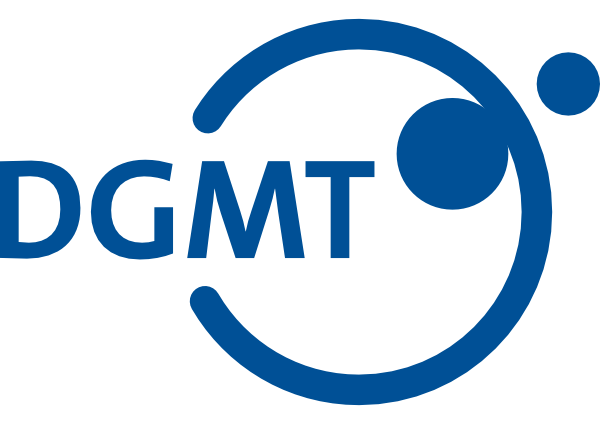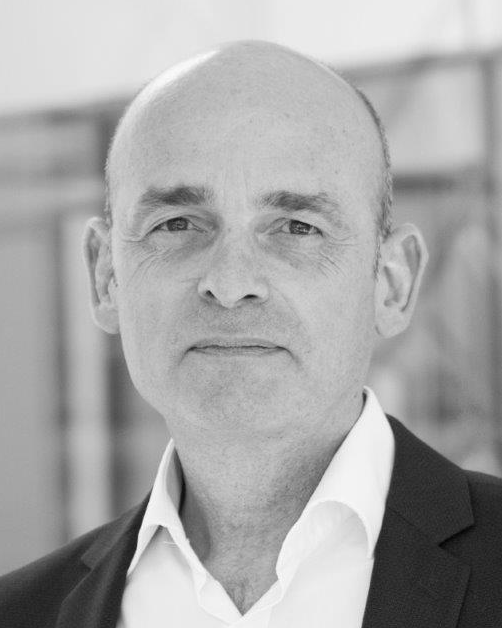DGMT Working Group ´Membranes for climate´
Contribution of membranes to climate protection and mitigation of climate change impacts
The Task
However, many gases - compared to CO2 - have a harmful effect, even at significantly lower concentrations, which is expressed as an equivalent factor related to CO2:
CH4: approx. 30, N2O: approx. 300 times (many others - e.g. HFCs - even higher).
Therefore, it is necessary to limit the release of these gases to the atmosphere as much and as fast as possible. For CO2, there is also the option (or even the need?) of capturing CO2 from the atmosphere.
Since CO2 is released during the transformation of energy from fossil resources, which will be relevant for years to come, savings in energy consumption can also be assessed as climate protection.
Due to the conversion of the energy system from fossil raw materials to renewable energies, energy is no longer available as a material for the most part but must be transformed for storage and transport. For this purpose, electrochemical conversions are preferred. Here, it is often technically necessary, if not advantageous, for electrode compartments to be separated by membranes.
The Opportunity
Contribution of membranes to climate protection and mitigation of climate change impacts will be the major driver of membrane technology growth over the next decade(s).




